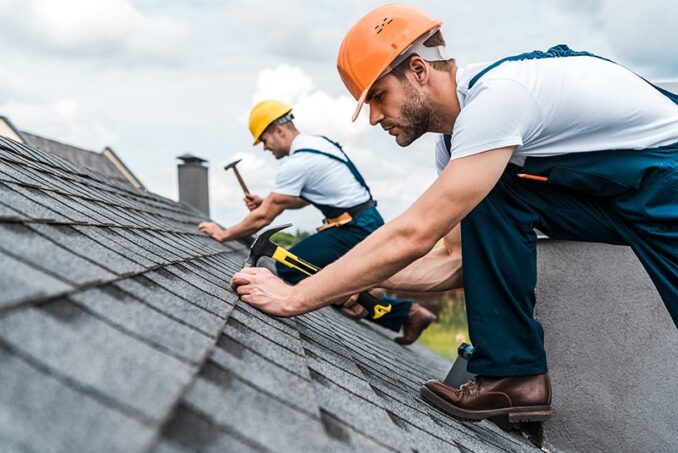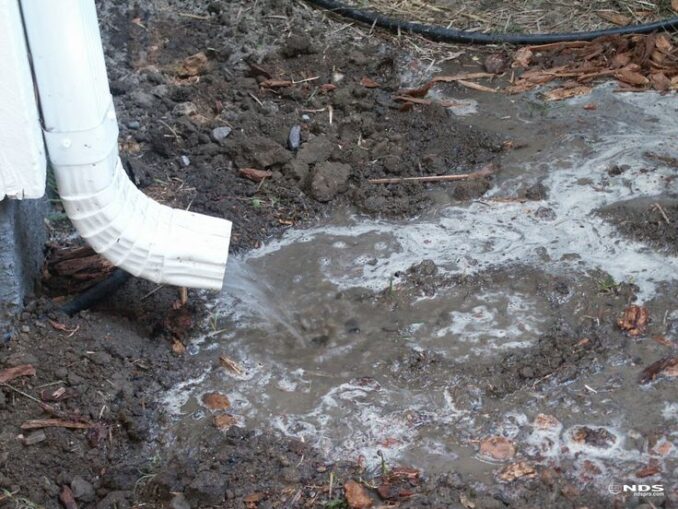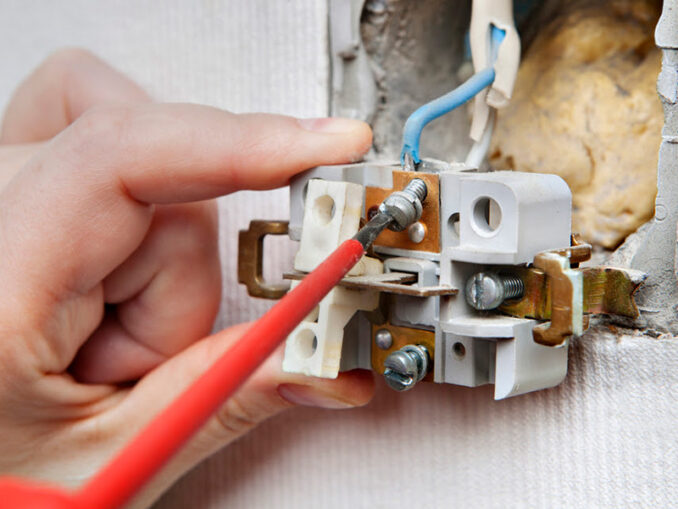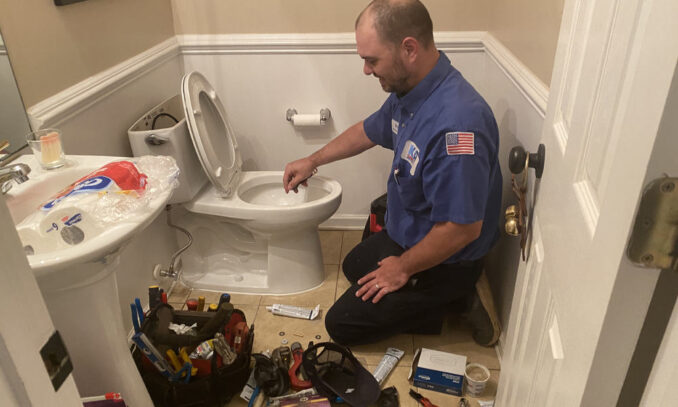In your excitement to make an offer, your real estate agent has spent months hunting for the perfect home for you, and you may not even consider things that fail a home inspection – why would you? Nobody wants to think about the idea that the home they’ve fallen in love with might have serious problems indeed!
Let’s look at some of the most common home aspects that fail a home inspection so you can see what can cause delays.
1. Roofing

Source:businesspartnermagazine.com
Roofs made of asphalt shingles can last anywhere from 15 to 20 years. Don’t be surprised if yours appears in the inspection report that it’s nearing the end of its useful life. Brittle, curled, or damaged shingles, as well as any loose flashing or leaky patches, will be noted by inspectors. A roof that has been ignored for a long time could cost $10,000 or more to replace.
Replace any shingles or flashing that has been damaged. Re-caulk any spots where the roof’s ventilation pipes protrude. Water damage to the sheathing, rafters, and other wooden structural parts in the attic region are all signs of a roof that has been neglected over time. The buyer can usually handle minor roof issues after closing the deal. However, if serious roof issues are discovered during the inspection, it may be worthwhile to have a roofer estimate the repairs and try to negotiate credits.
Click here to know about the best and reliable housing inspection company.
2. Drainage Problems

Source:gutterboyzky.com
Surface grading around a house can wreak havoc on drainage and cause foundation damage. Improper grading can result in leaky basements, which can lead to the formation of mildew and other issues. It can also cause foundations to slip due to porous soil.
Grade the ground and create a 10-foot long slope around the house with topsoil. The ramp should slope down one inch for every foot you travel away from home. Rainwater should be directed away from the foundation by gutters and downspouts, which can be added or repaired based on the current condition of the house you are buying.
3. Foundational Flaws
Foundation difficulties are one of the most expensive concerns to repair, costing upwards of $10,000 in some situations. Doors and windows that stick, cracks in the walls above doorways, sloping floors, and L-shaped or horizontal fissures in the exposed areas of the outside foundation are all signs of foundation problems.
If you know your property has significant foundation problems, it’s probably preferable to remedy them before selling it, as few purchasers want to deal with the inconvenience of foundation repair. Fill any cracks in your foundation with epoxy or silicone caulk for inexpensive repairs. You can also apply a waterproof coating to the outer base and ensure all the doors and windows open and close smoothly.
4. Pest Infestation

Source:pestremovalexpert.co.u
An infestation of bugs, particularly termites, will send some homebuyers fleeing. If left untreated, termites and other wood-eating insects can cause considerable structural damage. Although a home inspector is equipped to see termite indications, your buyer may wish to have a separate termite inspection performed by a pest management business for added peace of mind.
Before a home inspection, get a professional pest control firm to check and treat your home. If termites are discovered, you must notify the authorities. Treat the termites and obtain a termite bond to safeguard the buyer against future infestations.
5. Electrical Issues

Source:lloydelectrical.co.nz
One of the most crucial aspects of a home inspector’s job is examining the property’s electrical components. Some electrical problems are not only costly to repair, but they also pose a fire threat and a risk to human life.
Outdated wiring systems are one of the most prevalent electrical system faults found during home inspections. As you can expect, technology has evolved dramatically over the previous 80 years, and we have witnessed breakthroughs during this time. What was once thought to be safe is now a severe threat that would fail any home inspection or electrical engineer’s assessment.
A licensed home inspector will assess the home’s electrical system and, if necessary, refer you to a competent electrician for a more extensive inspection. It’s a good idea to prepare ahead and have an electrician on standby if you feel the property you’re touring has an old or defective electrical system.
6. Issues with the Structure
In most cases, structural concerns can be found in the attic or crawlspace. The foundation, crawl space, slab or basement, frame, roof, and walls are the structural parts of a home. Sometimes rafters, trusses, or joists are inadequately cut or shored up during construction or renovation. Structural concerns can also be caused by natural calamities, lousy construction, poor drainage, and settling. In these cases, you should consult a structural engineer to confirm that the home is physically sound and that an engineer’s seal may be obtained for resale purposes.
7. Plumbing Issues

Source:kayplumbing.com
Plumbing problems can range in severity from a leaking faucet to a complete home plumbing system that requires repair or replacement. Leaks that have been active for an extended period might cause further issues like flooring degradation, subfloor decay, and mold. The majority of inspectors will check polybutylene pipelines. If the house inspection reveals serious plumbing issues, it may be time to call in an expert for advice.
The pipes themselves, which are most likely under the house, are the most challenging to inspect when it comes to plumbing concerns. You should request that your inspector pay extra attention to the plumbing because they will most likely crawl under the house for other reasons and report on the plumbing type. If something appears to be strange, it’s worth contacting a plumber to look into it. Septic tanks and wells are two completely different issues, and if the house has either of them, you’ll want to have them evaluated as well!
Conclusion
Getting a home inspection assures that you won’t be surprised when you move into your new house. Your inspector will be forthright and honest about any problems they discover. It’s up to you to make the most of your home inspection by following these guidelines. It’s also up to you to find a reputable home inspector.





